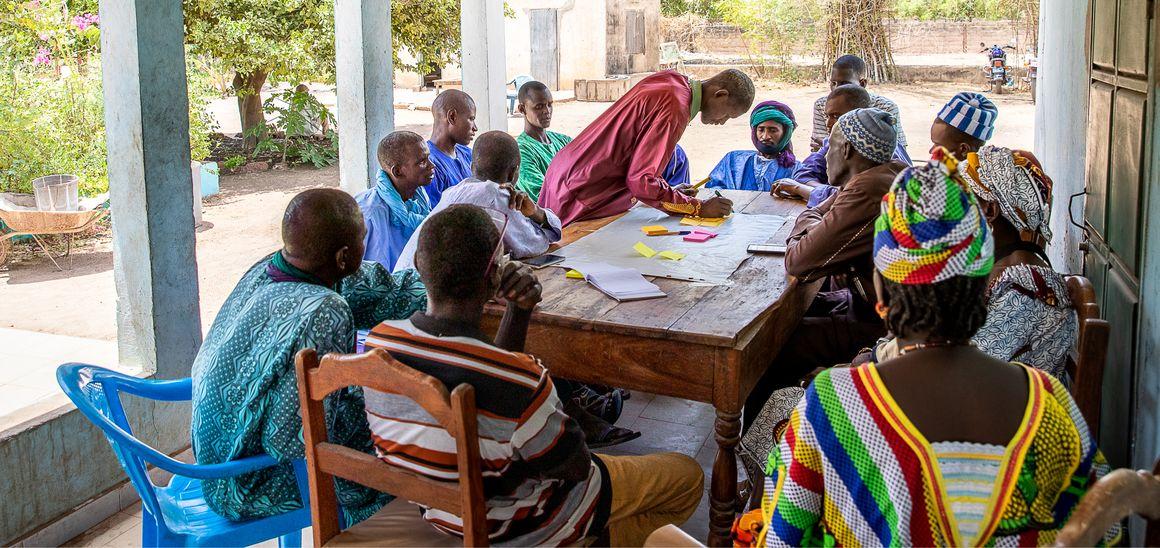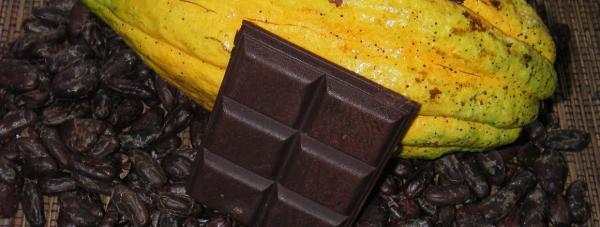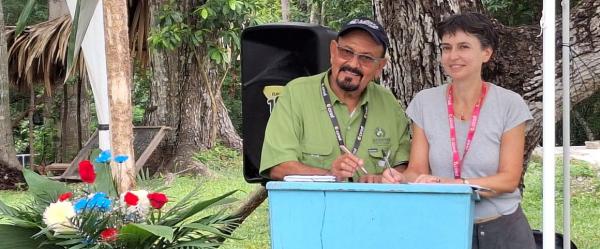Science at work 16 December 2025
- Home
- Press area
- Press releases
- Sustainable Agrifood Systems Intelligence Science-Policy Interface
Transforming food systems: from assessment to policy

Consultation within territories, Senegal © R. Belmin
Food systems are vital levers for achieving the sustainable development goals, but many challenges remain. Further to the Food Systems at Risk report, to which some 50 researchers contributed, and at the request of the European Union, CIRAD and FAO developed a food system analysis framework and assessment methodology applicable on a national and infranational level.
"The aim was to help stakeholders build a shared vision of the issues surrounding food system sustainability and foster systemic, intersectoral debate in order to support public policybuilding", says Ninon Sirdey, economist at CIRAD and co-coordinator of the Food System Assessment (FSA) project.
In the context of the 2021 UN Food Systems Summit (UNFSS), the methodology was first applied by eight candidate countries, and subsequently extended to more than 40 others. The assessments triggered a participatory process involving around 20 researchers from CIRAD, almost 300 FAO consultants and teams of consultants from each of the 50-odd countries, in addition to national institutional focal points and civil society. The approach facilitated knowledge sharing between national and international experts.
Fine-tuning food system assessments on a territorial level
The tool served to initiate intersectoral dialogue, take account of local knowledge, articulate qualitative and quantitative data and look at those data under the lens of food system sustainability. "Our crosscutting analyses in eight countries revealed more similarities - in terms of food system functioning and sustainability challenges - between territories in different countries than between those in a given country. This highlights the need to rethink food system pathways on a territory scale, not just on a national scale."
However, this is a long, iterative collective learning process. "To be able to conduct the usual disciplinary and thematic analyses, pinpoint truly transformative levers for action and progress in terms of building strategies and action plans, these assessments must be continued in a participatory way within territories."
Using collective intelligence to inform policybuilding and design more sustainable, more inclusive food systems
In collaboration with a sister project led by the FAO Investment Centre (SASI project), a new five-year project, the Sustainable Agrifood Systems Intelligence – Science-Policy Interface (SASI-SPI), led by Agrinatura (11.5M euros) has just been announced. It will involve a number of CIRAD researchers, working on three lines of research :
- Policy support for the EU (DG-INTPA) through its wide-ranging multidisciplinary scientific expertise in terms of food system inclusiveness and sustainability.
- Building new narratives and frames of reference to support the transition to sustainable food systems. Crosscutting studies will be conducted of the priority topics identified by the food system assessments, such as agroecology and pastoralism.
- Constructing models to support the transition to more sustainable food systems, based on participatory, scientific decision-making processes. Those models will be tested empirically in several territories in three candidate countries (Sierra Leone, Colombia and Bhutan), on a "transition challenge" pinpointed by the government.
"The SASI-SPI project intends to generate collective intelligence on various scales, to inform and support the transition to more sustainable, more inclusive food systems", Isabelle Vagneron, economist and CIRAD correspondent for the project, stresses.
The other Agrinatura members participating in the SASI-SPI initiative are the Swedish University of Agricultural Sciences (SLU), the ISA Universidade de Lisboa, Ghent university and iCRA.
Reference
Sirdey Ninon, David-Benz Hélène, Deshons Alice. 2023. Methodological approaches to assess food systems sustainability: A literature review. Global Food Security, 38:100696, 11 p.
https://doi.org/10.1016/j.gfs.2023.100696
David-Benz Hélène, Sirdey Ninon, Deshons Alice, Orbell Claire, Herlant Patrick. 2022. Cadre conceptuel et méthode pour des diagnostics nationaux et territoriaux - Activer la transformation durable et inclusive de nos systèmes alimentaires. Rome : FAO-CIRAD, 70 p. ISBN 978-92-5-135754-5 ; 978-2-87614-773-7 https://doi.org/10.4060/cb8603fr



























